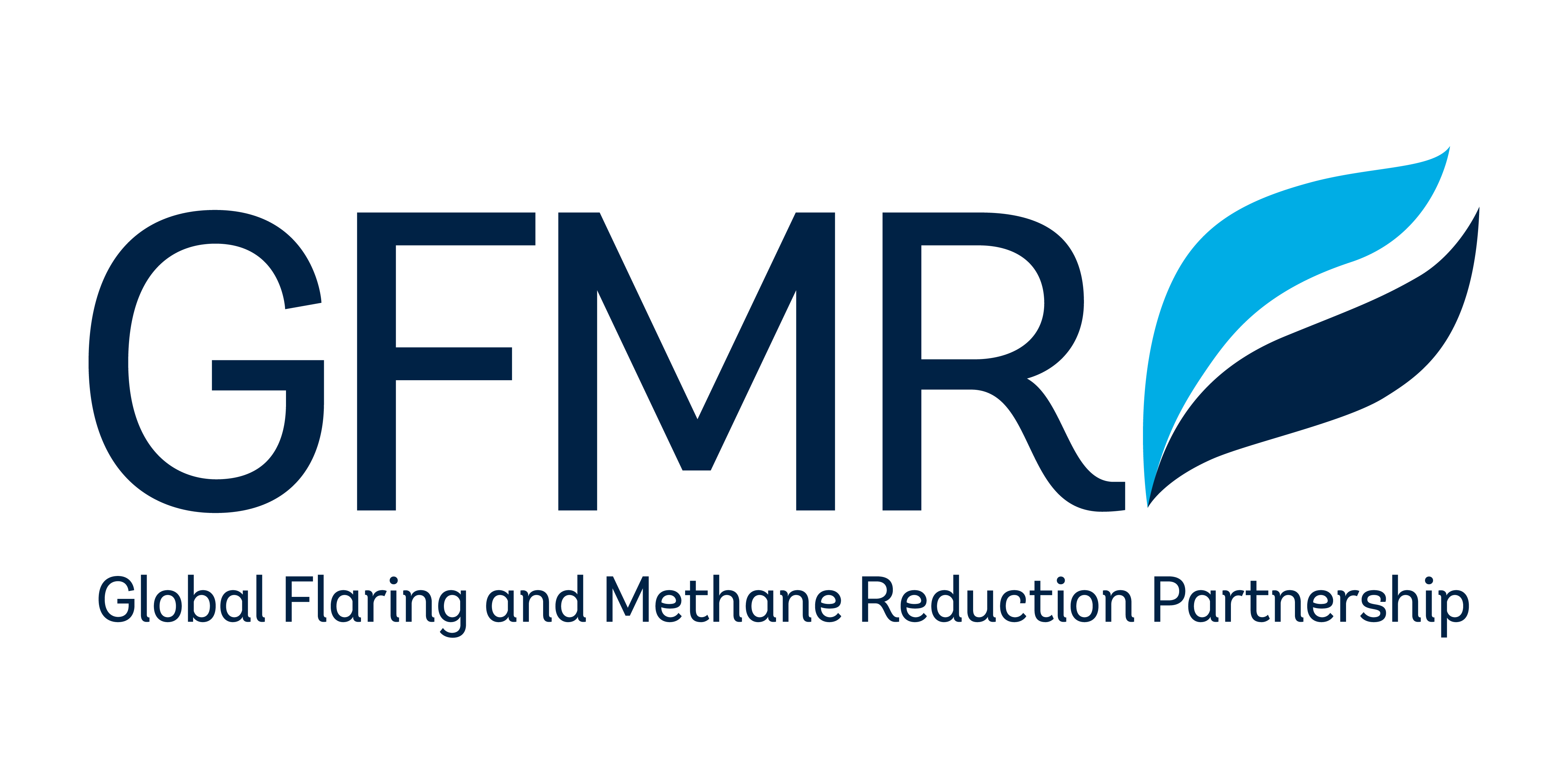Country
Assessment
No evidence of nonmonetary penalties for violating flaring-, venting-, or methane-emission-related requirements were found in the sources consulted. However, many Australian regulators pursue a gradual compliance enforcement program, which includes prosecution for severe offenses. For examples, see the links for New South Wales’ and South Australia’s regulatory approaches in section 8 of this case study.
According to the ANP’s interpretation of Article 2 of Law 9847/1999 , infractions involving flaring or venting may be subject to suspension of operation. Article 13 provides for the right to appeal. Under Decree 2953/1999 , nonmonetary sanctions can take the form of suspension of product supply; temporary suspension, total or partial, of the facility or installation; cancellation of registration of an installation; and revocation of authorization to carry out the associated activity. Sections 1 and 2 of the decree provide administrative penalty procedures; Sections 3 and 5 describe the appeal procedures. The defendant has 15 days to present evidence to contest the charges, and the ANP has 30 days to evaluate and decide on the case. If the decision rules against the operator, a second appeal can be mounted within 10 days. The ANP director will decide on the appeal within a maximum period of 30 days, starting from the date of the submission of the appeal.
Alberta’s legislation includes rising levels of sanctions depending on the seriousness of the violation, including production shut-in or suspension of application processing. Section 25 of the Oil and Gas Conservation Act, 2000 , authorizes the AER to cancel or suspend a license or approval for a definite or indefinite period. In particular, the AER may suspend well flaring permits for noncompliance. The AER’s decisions may be appealed under Section 36 of the Responsible Energy Development Act, 2012 . The AER Compliance Dashboard provides a compliance history of companies since 2014. The dashboard is searchable. Between 2015 and March 2023, it recorded 58 flaring violations. The AER handled almost all of them via notices of noncompliance or site inspections, but it also imposed administrative penalties in a few cases. Facilities may be shut if operators do not take corrective actions to comply with AER instructions within the time provided.
The BCER also uses the following tools to sanction operators that do not comply with laws and regulations: Orders are issued if there is a failure to comply with the Oil and Gas Activities Act, 2008 , associated regulations, permits or authorizations, or a previous order. Tickets are issued under the authority of provincial acts for which the BCER has regulatory responsibility, including the Water Sustainability Act, 2014, the Land Act, 1996, and the Forest Act, 1996. Charges are recommended to the Crown Counsel for prosecution and possible court action.
Part XII (Sections 75–77) of the Oil and Gas Conservation Regulations, 2012 ,16 authorizes the minister to suspend or shut down wells and other production facilities and seal any meter valves.
Upon expiration of the terms indicated by the ANH for the payment of fines or the fulfillment of the obligations breached by the contractor, the ANH may terminate the contract if the contractor has not fulfilled its obligations. Article 11 of the Petroleum Code, 1956, states that any difference of fact or a technical nature that may arise between the interested parties and the government on the matters dealt with by the code that cannot be resolved amicably will be submitted to the opinion of three experts, one selected by the government, one by the interested party, and one by a third party. Article 68 states that the government may terminate any contract or cancel a license granted if a dispute is decided in the government’s favor.
Amended Article 30, Paragraph 2 , allows for the “suspension of the authorisation to place oil, gas or coal to the market in case of serious or repeated breaches” of the proposed regulations subject to energy security considerations.
Article 19 of ESDM 17/2021 calls for administrative penalties in case of noncompliance with these regulations (Article 19, Paragraph 1, lists specific clauses). Administrative penalties start with a written warning and escalate to cancellation of the appointment of the offending firm’s head of engineering if the written warning is not followed up within a month, and then to temporary suspension of production activities if the head of engineering remains in place after another month. Article 10 of ESDM 32/2017 allows SKK Migas to revoke the flare gas allocation from the selected bidder if it fails to commence work within three months following the award or fails to start production within 12 months. However, there are no known cases of revocation.
Article 106 of the Law on Subsoil and Subsoil Use, 2017 , provides for early termination of the subsoil use contract under certain conditions, including violations of the contract terms. The operator can dispute the early termination decision in court within two months of receiving the notice. No case of contract termination based on a flare permit violation could be identified.
Under Section 3 of the Petroleum Industry Act , the minister of petroleum can revoke or suspend petroleum licenses and leases for noncompliance, upon the recommendation of the Commission. Section 217 states that any dispute between a licensee or a lessee and the Commission is to be settled by the Federal High Court.


